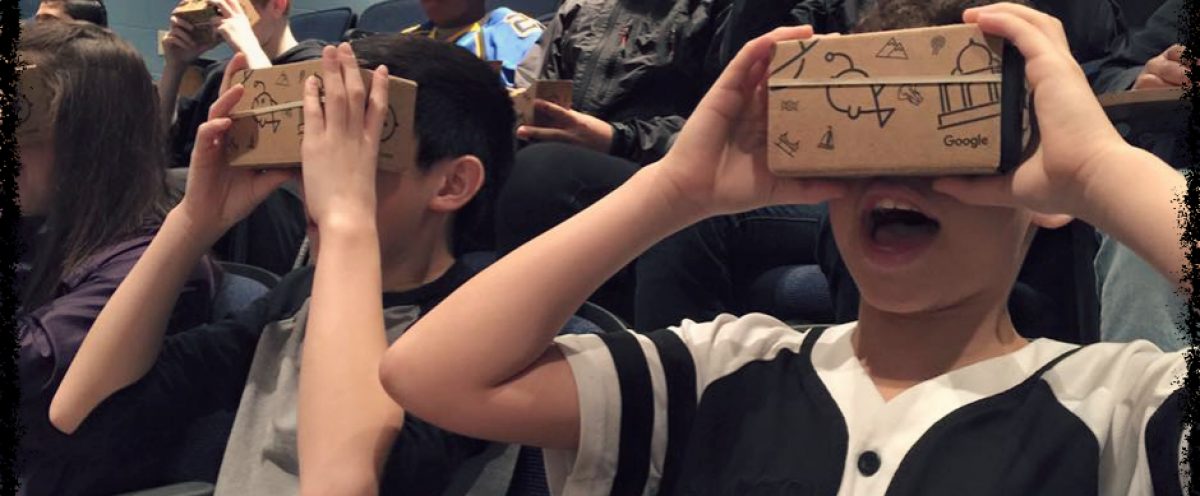Once upon a time, I was a 31 year education veteran. 16 years as a middle school teacher, 3 as a high school assistant principal, and 12 as a junior high principal. I had seen it all, knew it all, and couldn’t imagine there was anything else I could possibly learn. I openly said, “I’m full. I can’t learn anything else.” And man. Was I wrong.
I’m now 3 years into a new learning curve. It took two things to make me eat those words. The courage to change jobs and the energy to be humble. Rather than thinking now of myself as a 34 year veteran, I’m a 3rd year newbie, learning everyday.
This morning I bought a digital copy of Unmapped Potential: An Educator’s Guide to Lasting Change by Julie Hasson and Missy Lennard.

I made it 2.5 pages into the introduction before a roundhouse right nailed me in the head. Here it is:
“Thus, lasting change starts when you are brave enough to identify and modify the beliefs that are creating barriers on your map and holding you back from reaching your potential. Once we took out our own mental maps, unfolded them, and really looked at them, we could see the limits we were placing on our students and ourselves.
Up to that point, we had been unaware of the subtle (and not-so-subtle) messages we were sending to our students and colleagues every day. Through our words, actions, and choices, we were letting others know what we believed about their ability and potential, and sometimes those messages had a negative impact. We were principals tasked with helping students and teachers grow, but we were actually impeding growth without knowing it.”
My mental map ended at the borders of the document. The lands beyond the edges were unexplored and I didn’t know of their existence. The courage and energy I needed to step off the map came….and here I am writing a blog. More excited and passionate about our work as educators than I’ve ever been.
Now back to the rest of the introduction. Thank you Julie and Missy for finding the words I need to describe my journey. Have a great day!





